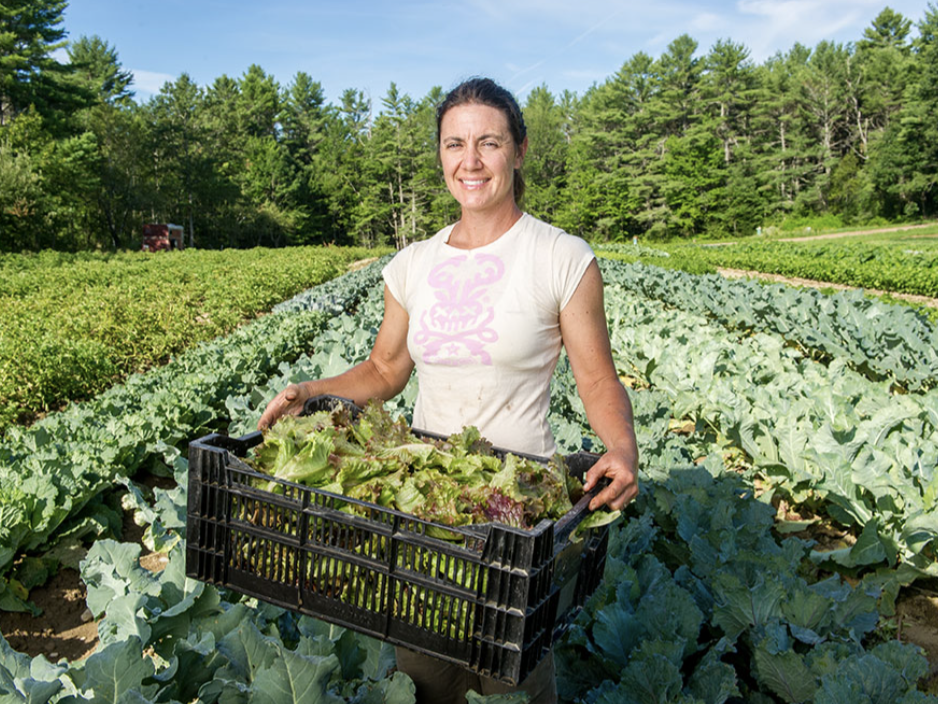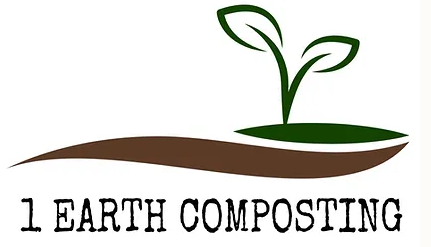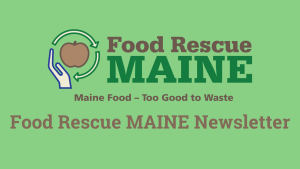How Can you Help?

Maine Food Recovery Hierarchy
The food recovery hierarchy is designed to make sure that food is used for its best and highest value in every stage of its life.
Reduce Unwanted Food
- Inventory grocery stock/pantry
- Buy and cook only what you need
- Conduct a wasted food audit
- Use leftovers
Feed Hungry People:
- Donate to food banks
- Partner with organizations that collect and distribute perishable food
Feed Animals
- Contact local farms to see if they can use the scraps
Compost or Convert to Fuel
Dispose

the food recovery hierarchy can be simplified into three steps:
- Reduce- preventing wasted food before it starts with strategic planning, storage, and and cooking techniques
- Recover/Reuse- give surplus food to other people or animals, or try reusing food scraps in creative recipes
- Recycle- instead of throwing your food away where it will ultimately end up in landfills, recycle your waste or use it for compost
Reduce Wasted Food
Reducing wasted food is possible – with YOUR help!
Wasted food isn’t limited to one area of life – it’s present in our homes, schools, businesses, and other institutions. People have a tremendous amount of ability and power to reduce wasted food issues and costs.
The easiest way to reduce your wasted food is to find out how much waste you create. Use our free household wasted food tracker to find out how much and what types of food you waste. This way, you can create a strategy for reducing this waste.

Rescue and recover food
We can recover food through three primary methods:
- Connecting surplus food with food-insecure populations- With 40% of food being wasted, there is plenty of good and edible food in the U.S. to solve our food-insecurity issues. The problem is that we have a lack of infrastructure in place to connect unwanted food with food-insecure populations. Food Rescue MAINE’s Food Rescue pilot is designed to help increase connections between food donors and recipients.
- Improving Maine’s food processing infrastructure- Food is valuable and farmers work very hard to produce it, but without the proper infrastructure to support their harvesting, a lot of food will never reach the market.
- Donating food- donating your food while it is still appropriate for human consumption is a great way to reduce food insecurity in your community and to avoid wasting food before it gets to the compost stage.
Recycle food
Compost or recycle your wasted food
Instead of throwing your wasted food into the trash, where it will end up in landfills, compost it or use a food recycling service!
- Compost- a process by which food decomposes to generate a rich fertilizer for our plants.
- Anaerobic Digestion- a process by which food goes into an enclosed facility, where microorganisms and bacteria break the food down. As this decomposition process happens, methane and other gasses are released and captured for use as a heat or energy source.
Don’t have room for a compost bin? Check out the map for locations of Food Disposal Sites or UMaine Mitchell Center Pilots to dispose of your food scraps!
Want to Get in Touch with Us?
Want to get involved? Take a moment to fill out this quick form so that someone from the Food Rescue MAINE program can reach out to you.
Remember: Take Less! Share More! Recycle Always!











